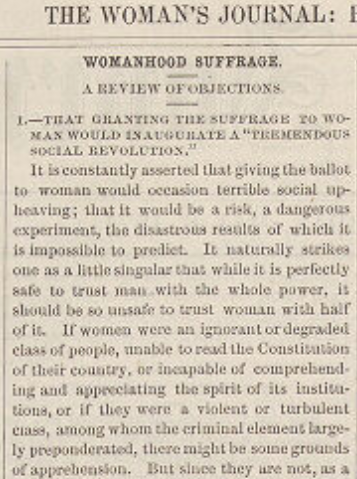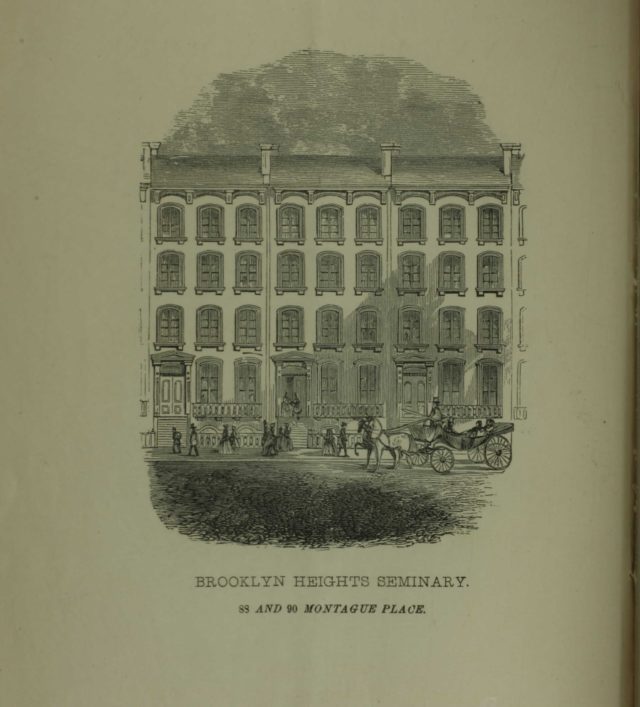“Hark! Is that the step of my first client that I hear approaching my door?”
Lavinia Goodell, July 14, 1874
Immediately after being admitted to practice law on June 17, 1874, Lavinia Goodell took steps to open a legal practice. She had hoped to join Pliny Norcross and A. A. Jackson in their practice, but while Norcross was willing to allow her to share their offices, Jackson was not, so Lavinia told her sister, “I shall have to give up that little scheme.” However, as luck would have it, there were empty rooms for rent on the same floor of the Tallman Building as Jackson & Norcross, and Lavinia engaged one of those offices for $33.33 per annum, to be paid by the month.

Lavinia described her office:
A rather small room, but about right, with two east windows, and a small closet out of it. I have bought Mr. Hoppin’s desk, which Rebecca was glad to sell for $10.
My office is prettily furnished, and everybody says it looks pleasant. I have a pink straw matting on the floor, the one that was on my bedroom last summer, turned the other side up. Mr. Hoppin’s desk varnished over, a carpet lounge, two rocking and three arm chairs, a table on which reposes my small library. (Gerrit Smith sent her $20 to put toward her library.) And in the closet, mirror, washstand, toilet articles…. All I want now is a few good clients, which I hope the good Providence, which has always provided so well for me, will send.
Continue reading →












